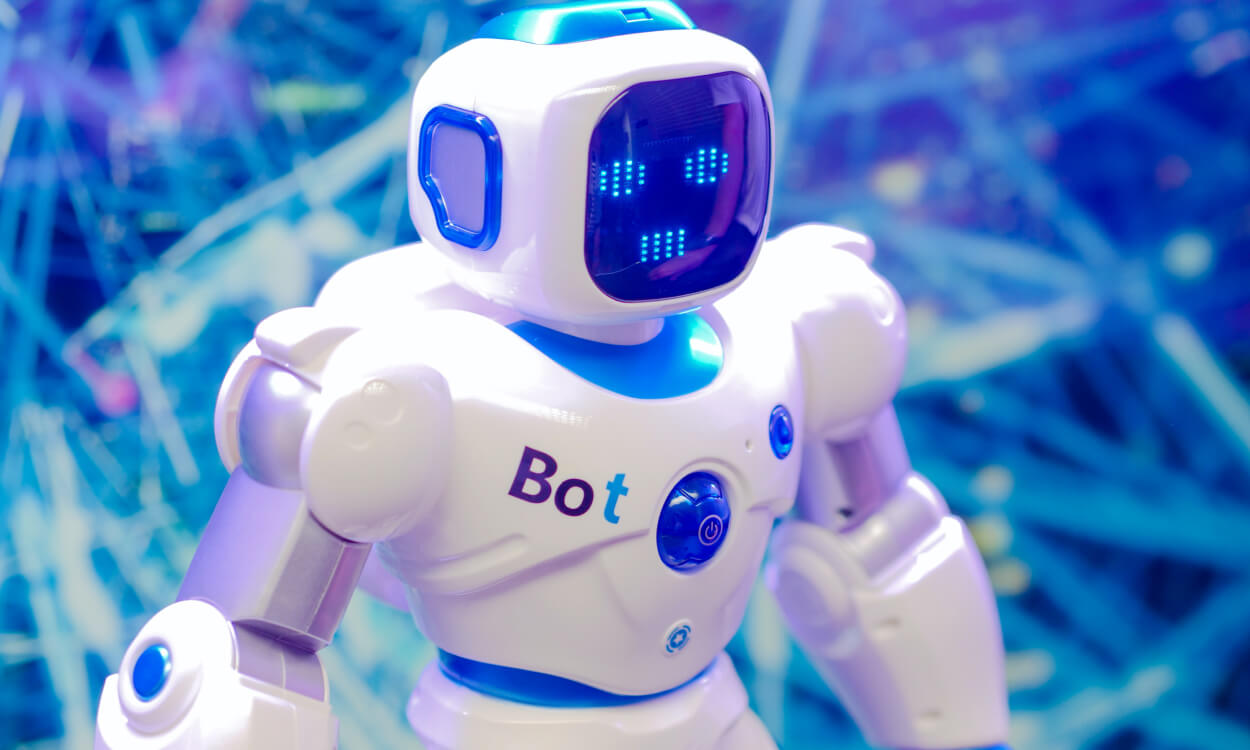From Digital to Intelligent: AI/ML to Future Proof your Business
June 3, 2024
At its core, AI encompasses a broad spectrum of technologies that enable machines to simulate human intelligence, ranging from simple rule-based systems to complex neural networks capable of autonomous learning. Machine Learning, a subset of AI, empowers systems to learn from data and improve their performance over time without explicit programming. Together, AI and ML unlock new possibilities for businesses across various sectors, including finance, healthcare, manufacturing, retail, and beyond.
Understanding the Transition
The transition from digital to intelligent involves more than just adopting new technologies—it requires a fundamental shift in mindset. While digitalization focuses on leveraging technology to streamline processes and enhance efficiency, intelligence goes a step further by imbuing systems with the ability to learn, adapt, and make decisions autonomously.
Leveraging AI/ML for Business Transformation
1. Data-Driven Decision Making
2. Personalized Customer Experiences
3. Operational Efficiency and Automation
4. Predictive Maintenance and Risk Management
Embracing the Future
The journey from digital to intelligent is an ongoing process that requires continuous innovation, experimentation, and adaptation. By embracing AI and ML technologies, businesses can future-proof their operations, drive sustainable growth, and maintain a competitive edge in an ever-evolving marketplace.
In conclusion, the integration of AI and ML marks a paradigm shift in how businesses leverage technology to drive value creation and innovation. By harnessing the transformative power of intelligent automation, data-driven insights, and predictive analytics, organizations can navigate the complexities of the digital age with confidence and agility, positioning themselves for long-term success in the Fourth Industrial Revolution and beyond.




